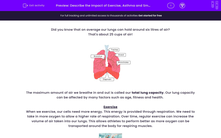Did you know that on average our lungs can hold around six litres of air?
That's about 25 cups of air!
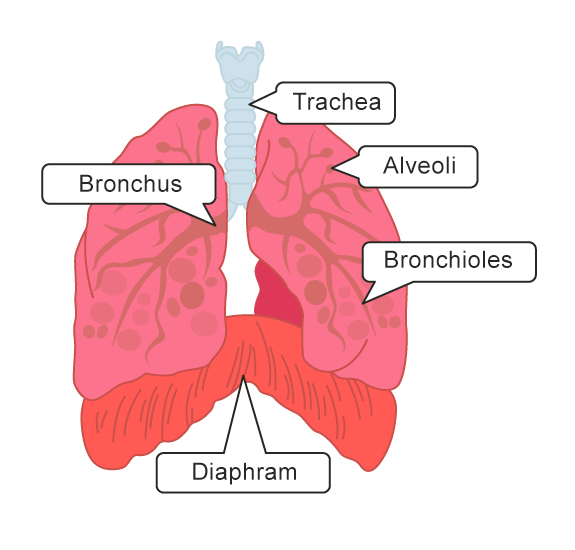
The maximum amount of air we breathe in and out is called our total lung capacity. Our lung capacity can be affected by many factors such as age, fitness and health.
Exercise
When we exercise, our cells need more energy. This energy is provided through respiration. We need to take in more oxygen to allow a higher rate of respiration. Over time, regular exercise can increase the volume of air taken into our lungs. This allows athletes to perform better as more oxygen can be transported around the body for respiring muscles.

Exercise also helps new capillaries to form in the lungs. Capillaries help to transport oxygen in the blood and nutrients to your cells. Having more capillaries helps oxygen to be transported quicker around the body.
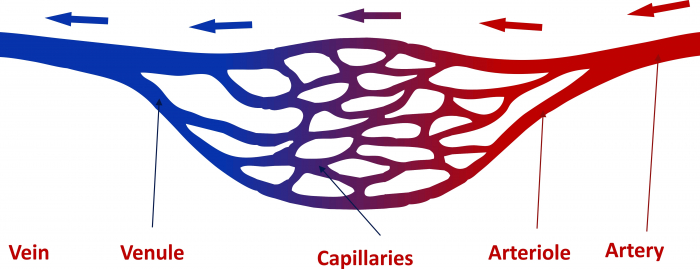
Exercise also helps the diaphragm, the organ found under our lungs, to remain strong. The diaphragm contracts downwards when we inhale, increasing the space in our chest. This will have a knock-on effect on our lungs and the amount of air we can breathe in.
Asthma
Measuring our lung capacity can also help identify any potential problems with our lungs. People who are suspected of having asthma will have their lung capacity measured.
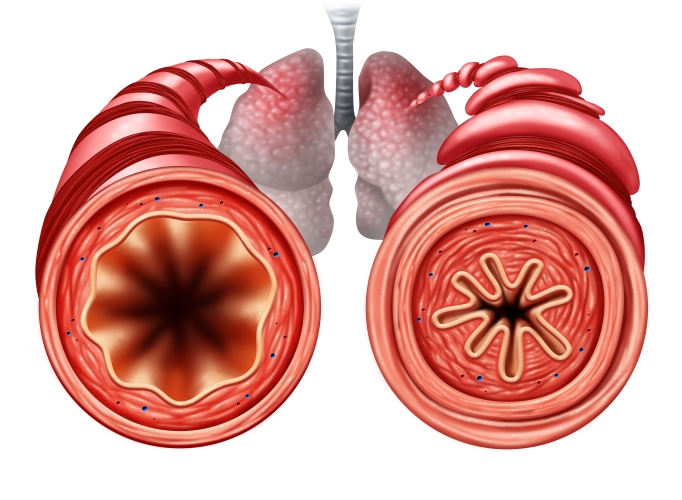
Asthma is a condition of the lungs. The airways are sensitive, often getting swollen and narrowing. Things like pollen, hair and dust can trigger an asthma attack. The airways narrow making it difficult for air to pass through as we breathe. This can lead to coughing, wheezing (a whistling sound when breathing) and a tight chest. People who suffer from asthma may have to use an inhaler, which relaxes the airways and makes breathing easier.
Smoking

Smoking cigarettes can also affect the gas exchange system. Cigarettes contain many chemicals like nicotine, tar and carbon monoxide. Some of these chemicals can make the lungs and alveoli less elastic (alveoli are the little sacs in our lungs that oxygen passes through to get into the blood). This means that the lungs won't be able to hold as much air as someone who doesn't smoke.
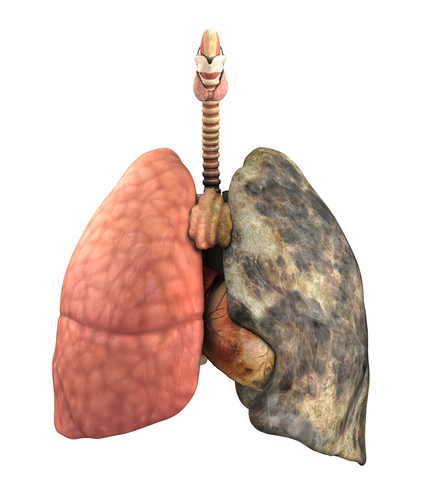
Smoking also causes more mucus to be produced by the lining of the trachea and other surfaces in the lungs and this leads to a smoker's cough. One result of this can be chronic bronchitis, a condition that affects the bronchi in the lungs. Mucus production further increases and the lining of the bronchioles thickens. Eventually, this can lead to illnesses like emphysema and lung cancer.
Carbon monoxide can replace the oxygen in red blood cells. This means that less of that vital oxygen needed for respiration is transported to cells. This can lead people to become breathless. The heart has to work harder to pump blood around the body increasing the risk of heart disease.

In this activity, we're going to describe the impact of exercise, asthma and smoking on the gas exchange system.

